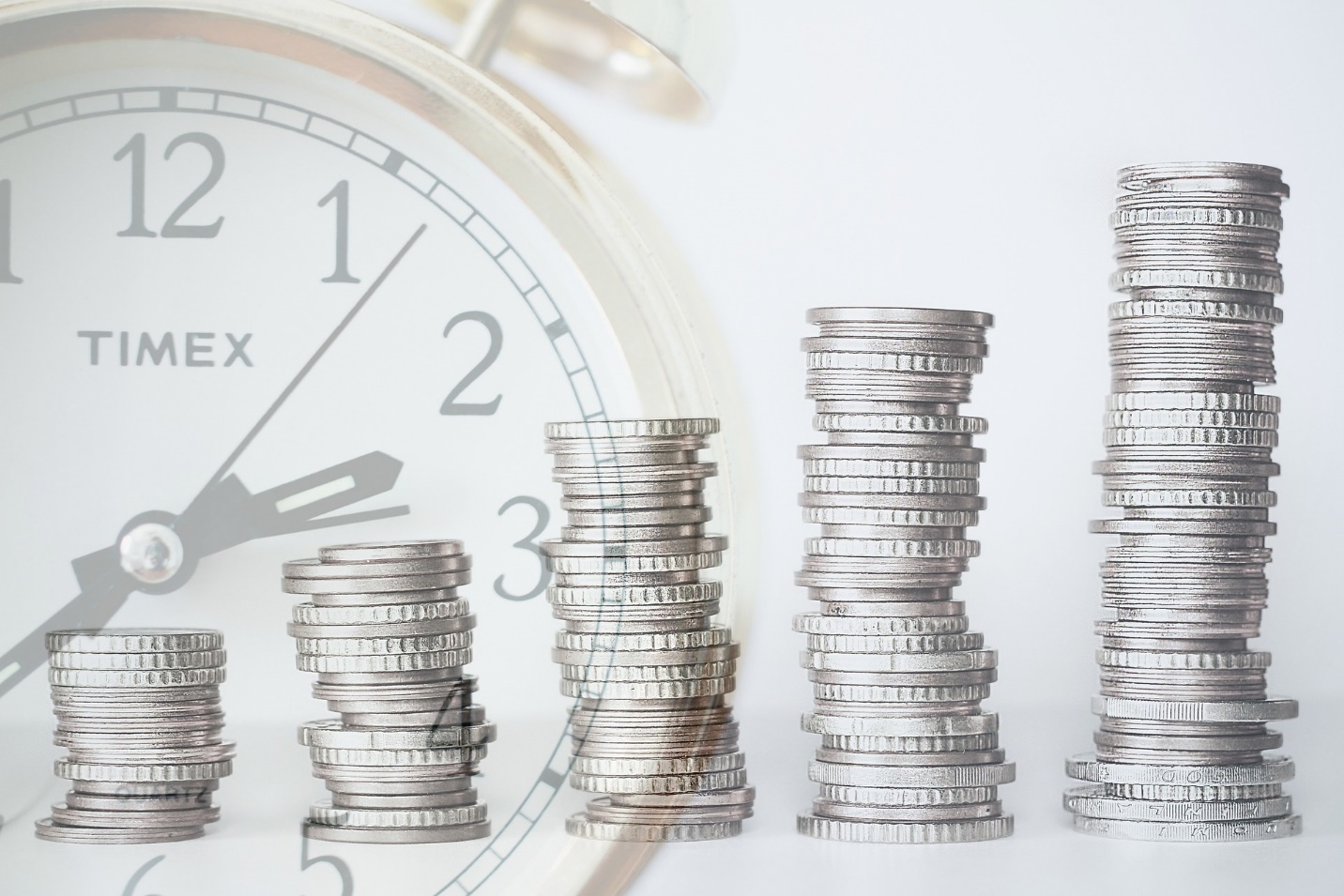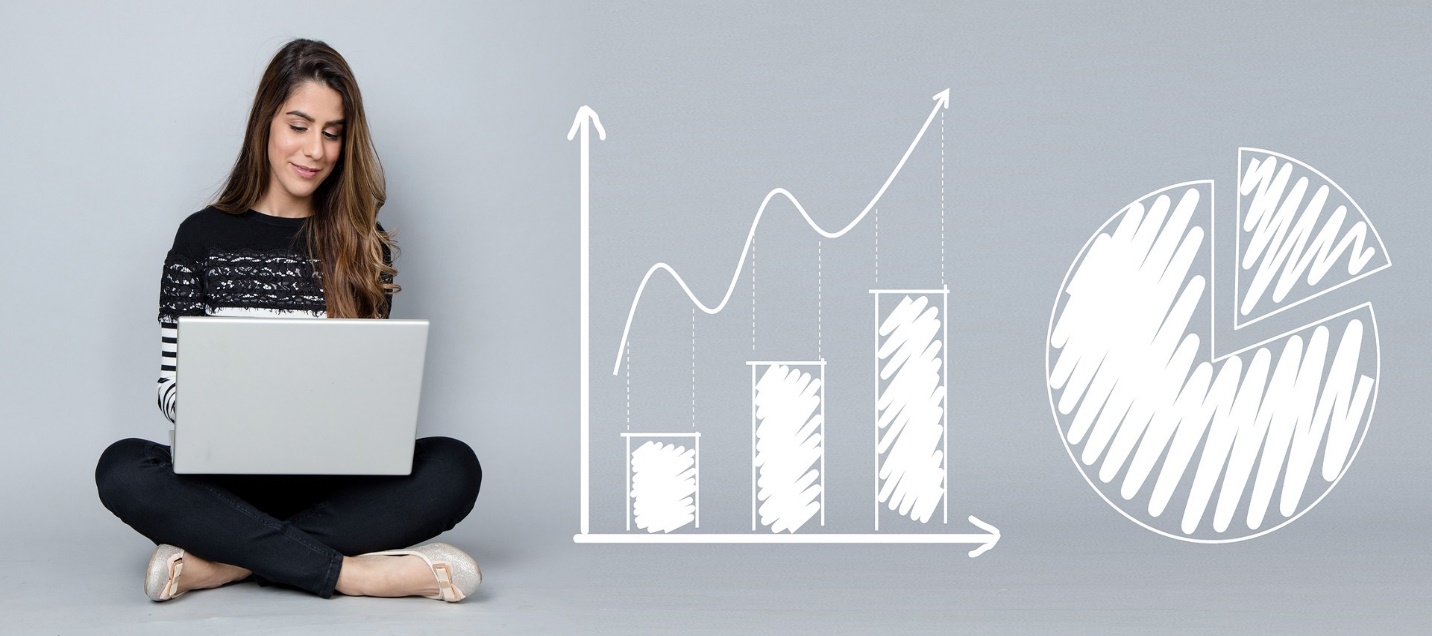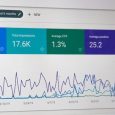It is not exactly a secret that the rates of inflation are skyrocketing right now. This is especially true in the United States, but unfortunately it is a global problem too. That means we should all make ourselves aware of it and start to take precautions in regard to how it can impact our finances both immediately and in the long term.

My thoughts immediately drifted to my retirement and the plans that I have spent years cultivating to ensure that I could enjoy those years after I finish working. The potential crash of the economy is worrying, to say the least, in that aspect. It has left many of us scrambling to figure out ways to protect the money that we have been setting aside for years.
You see, inflation impacts the value of paper currency. That means that a savings account can rapidly depreciate in value if it is in that currency – which, let us be real, most of them are. So, that is why I am here today. I would like to highlight some of the options that we have right now to maintain our investments and secure our financial futures to the best of our abilities. It is a challenge, right now, but we must rise to it!
What is a 401(k)?
Admittedly, it is a bit difficult to cover this without first explaining what a 401(k) account is! Sure, many people know, but explaining it in detail can be quite helpful (at least from what I have found). There are even respected articles published on the topic if you are keen to see some, such as this one! It might be worth checking out if you are brand new to the concept.
A 401(k) is a type of retirement account. They are sponsored by our employers, so they are different from an individual retirement account – you have likely seen those referred to as “IRA” or something of the sort. That is the main difference between them, so it is good to keep that in that back of your mind.
If you are wondering why they are named this, it is not as convoluted as it might seem. Rather, it is simply the code that the Internal Revenue Service attributes to this sort of account during tax season. Like I said – quite simple.
Something to keep in mind is that the money that you and your employer contribute (because your employer will typically match a certain percentage of your monthly deposits) gets invested into the stock market. It is also not subject to taxes while it is growing, which is a fairly significant perk. What does this mean if the stock market crashes, though?
Unfortunately, this is where things can get a bit sticky, but I will discuss that further on in this article. Instead, let me explain what happens if you change employers, since that tends to be a fairly big concern in regard to them. Admittedly, it is an aspect to them in which most mistakes tend to be made, as is covered in this site: https://www.bloomberg.com/news/articles/2022-06-10/the-worst-401-k-mistake-you-can-make-when-you-switch-jobs.
Essentially, what you have to do is rollover your current account into your new employer’s plan within a two-month period. It is a decently long grace period, but when life gets hectic (and changing jobs can often lend to that), it is easy to forget it. You could also simply cash it out, but that is usually not the optimal move, since you will lose out on that compounding interest.
A final note that I will make here is that if you are looking to withdraw funds from a 401(k) before age fifty-nine, there is a penalty for that. So, it is best to simply leave the money alone and allow it to accrue interest, since that will be beneficial to you in the future.
Potential Complications
So – let us get into the nitty gritty of this, since it is where the crux of questions tends to come into play. In times of economic downturn, if we are watching our account balance like a hawk, it can be…alarming, to say the least. If the amount is depleting due to issues in the stock market, for example, it can be frustrating. What options do we have?
Well, when it comes to Protecting my 401k from a stock market crash, there are a few approaches we can take. One is simply waiting it out, though that is hardly something that most of us want to hear. However, the reason that some experts recommend this strategy is that the balance tends to return to normal once the crash recedes.
However, if you are impatient or simply do not enjoy taking zero action, that likely will not be the solution that you want to take. This is where a concept known as “diversifying” comes into

play. How does that work, though?
You should likely consult with the holder of your 401(k) account before choosing what else to invest in. You see, some financial institutions might not allow certain types of assets to be deposited. More than likely, though, it should work out. What are some examples, though?
One that comes to mind right off the bat is precious metals. Traditionally, this is gold bullion. However, some additional possibilities are platinum, palladium, or silver. There are even certain coins that contain appropriate levels of the pure metals that are able to be deposited. My recommendation is to double check first, and to be cautious about it.
Final Thoughts?
I have covered a lot of information today, I know. It can be hard to remember it all and to understand what was really important. However, some of the key talking points where the differences between a 401(k) and other retirement funds, and all that is implicated in this distinction. Obviously, the contributions from employers are a big deal and should be treated as such.
Additionally, it is vital to recognize that we are in a time of economic hardship right now. Saving money is not exactly easy for a lot of families, thought I wish that were not the case. Unfortunately, that means that a lot of people have been withdrawing from accounts like these early. They also tended to cash out on them if they were laid off from their jobs during the height of quarantine.
Do not despair if you fit into that category, or if you have watched your balance deplete due to the stock market fluctuations. Have hope that things can bounce back, and with care and planning, you can still be prepared for retirement.




